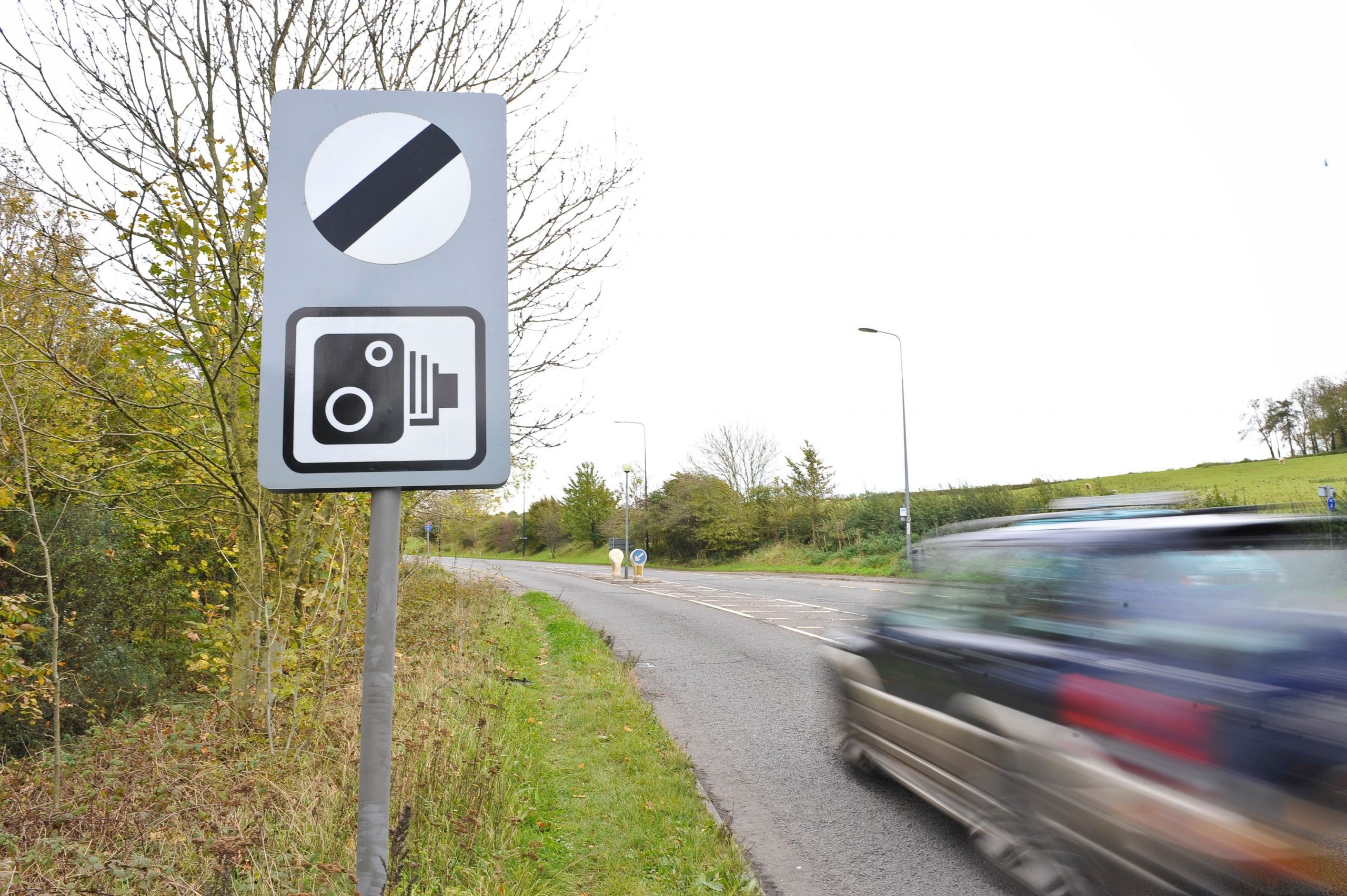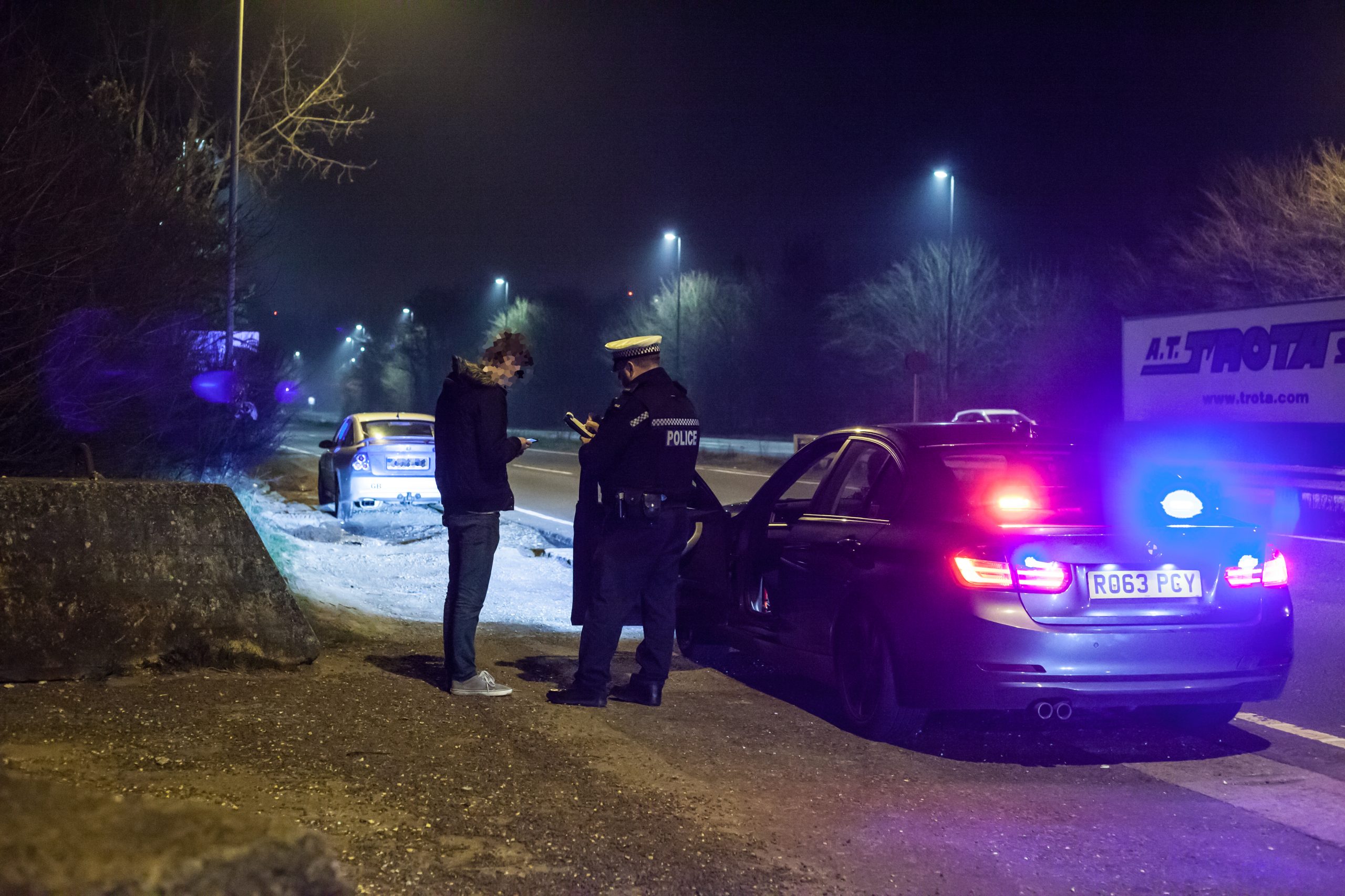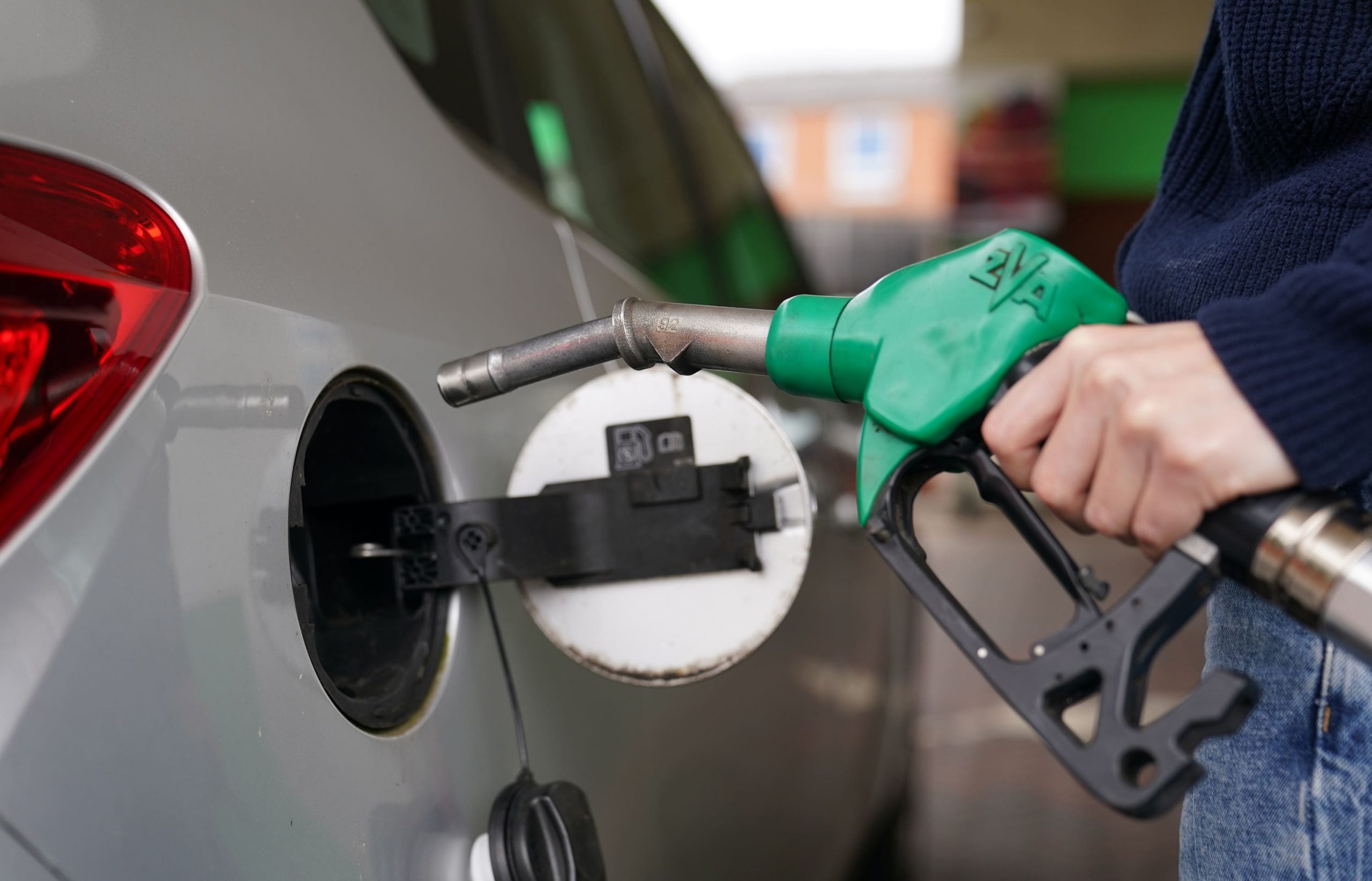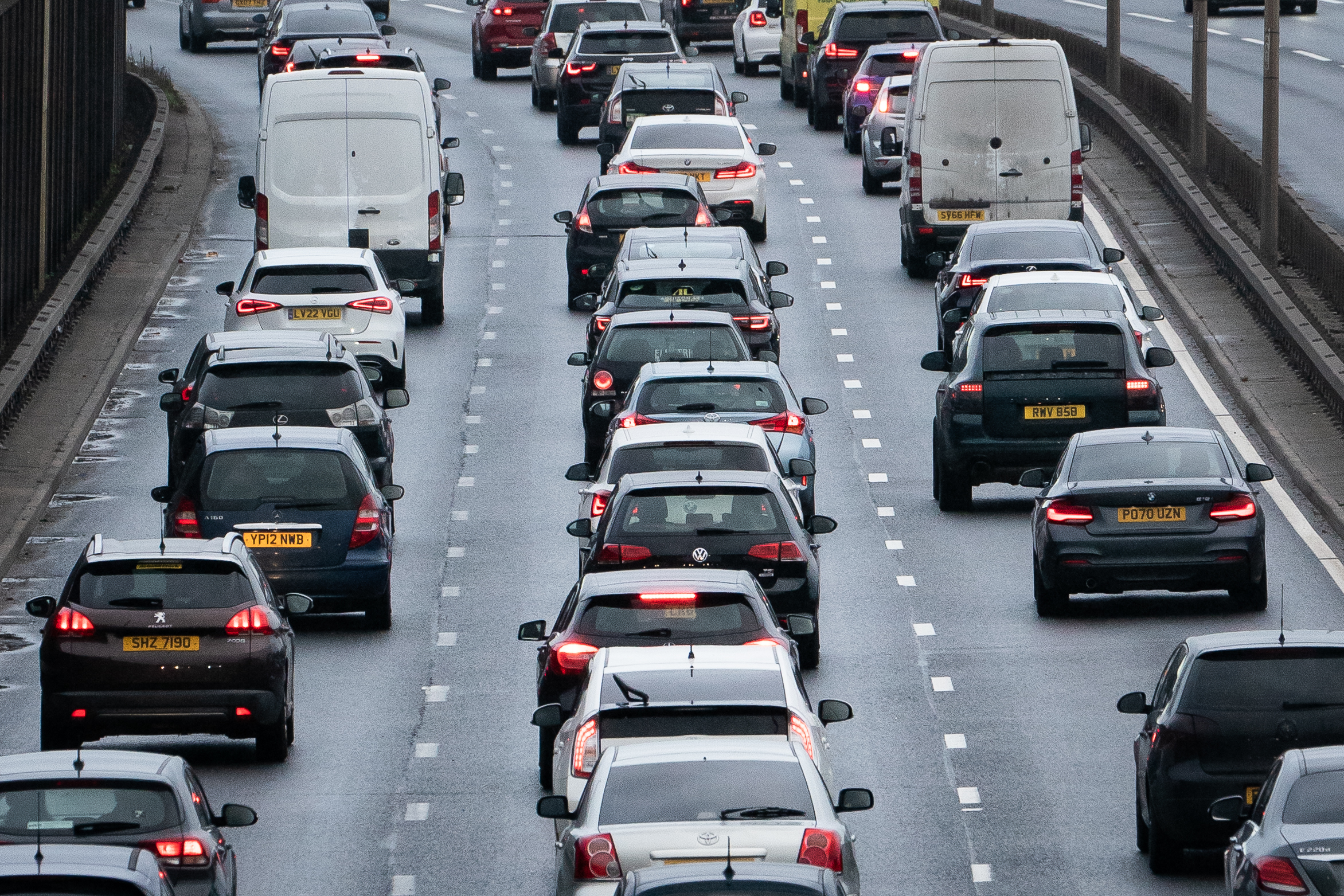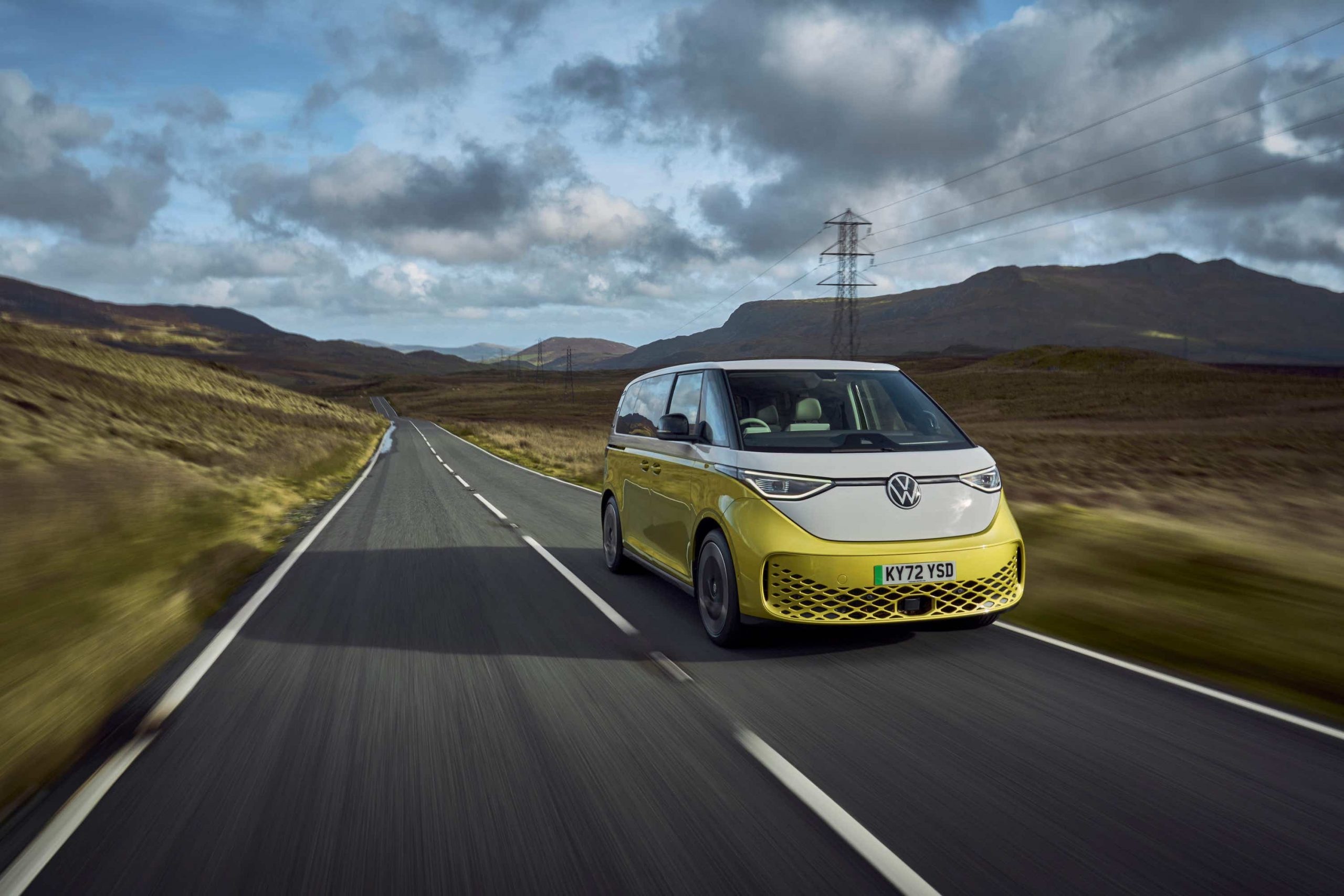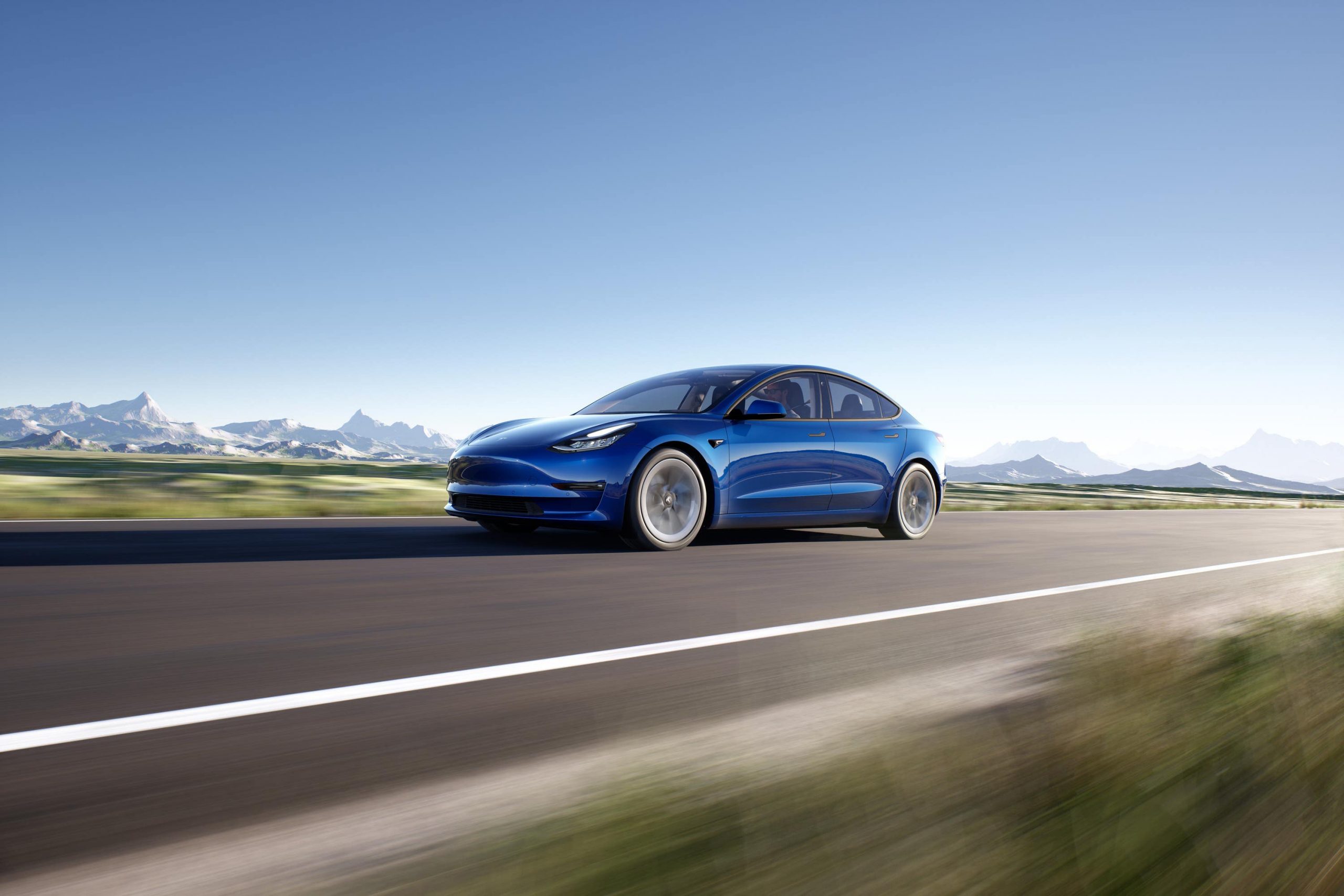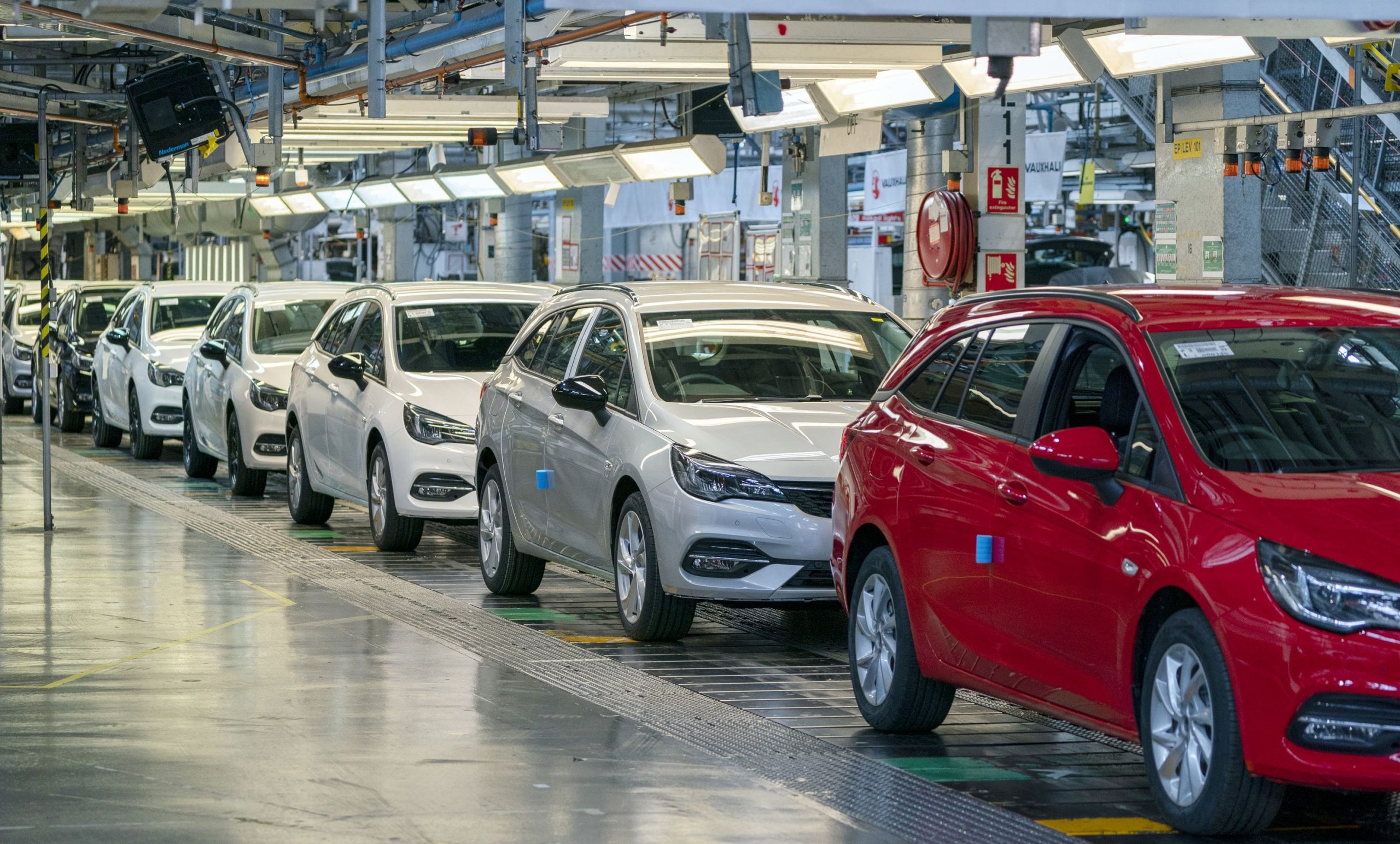Unmarked mobile speed camera vans are now being used in the UK as police acknowledge a ‘worrying escalation’ in falling driving standards.
Northamptonshire Police has started rolling out what it calls ‘unmarked mobile enforcement vehicles’ across the county. The force says it is being done in a bid to reduce the number of people killed or seriously injured on its roads. There were 44 deaths there in 2022.
It says that since the first Covid-19 lockdown there has been a ‘worrying escalation’ in collisions caused by poor driving, and that its Safer Roads Team have taken the ‘unusual step’ of deploying unmarked speed camera vans.
The police force says its unmarked vans will be used at various locations across Northamptonshire, and that it will prioritise routes that have regular collisions or where there is ‘intelligence’ of poor driving.
Safer Roads operations manager Matt O’Connell said: “We know that people change their driving behaviour when they see a marked police vehicle and using unmarked vehicles is nothing new. However, this is the first time we’ve adopted this approach when it comes to mobile enforcement.
“It’s easy to criticise this approach as being motivated by ticket numbers or revenue. However, we see all too often the devastating consequences the loss of a loved one has on those left behind.
“We’re not going to apologise for how we police our roads if we take the most dangerous drivers off them, especially if it means that we stop just one person from being killed or having to come to terms with a life-changing injury.
“However, with the level of offending across the county, we need to do something different, and the use of unmarked mobile enforcement vehicles might make people think twice before taking unnecessary risks in Northamptonshire.”

